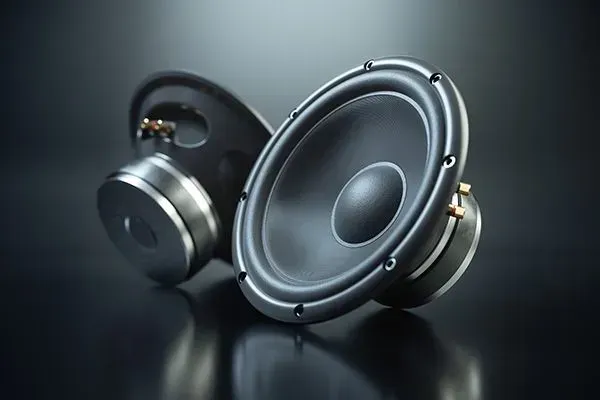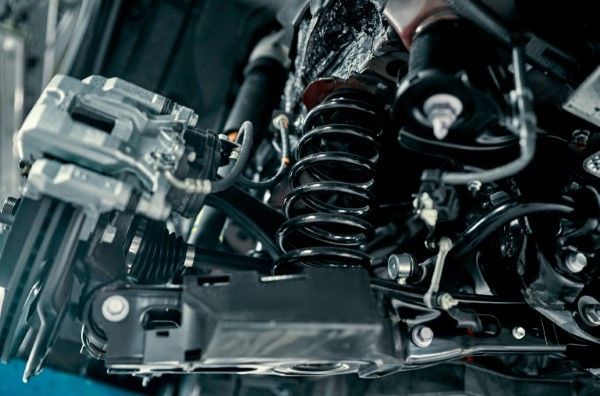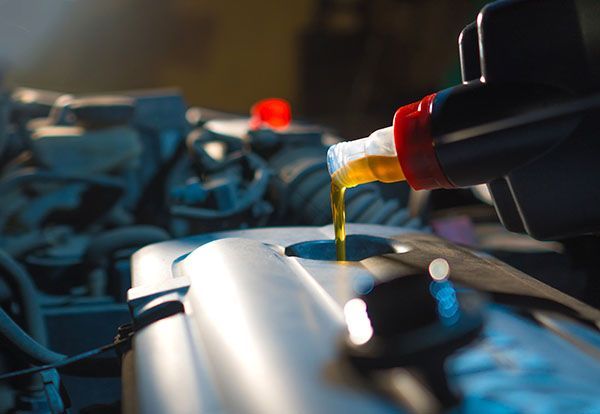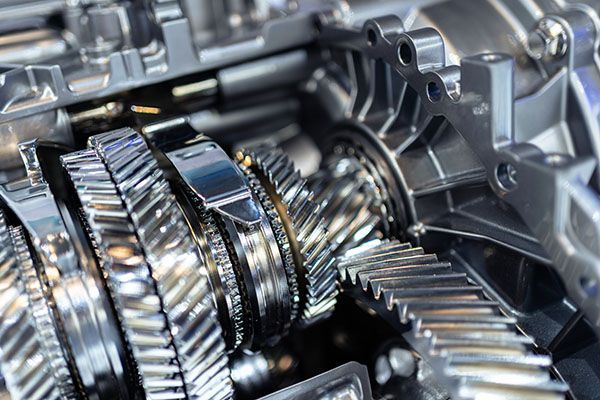Do German Cars Need Less Frequent Oil Changes?
German engineering is renowned for its precision, performance, and innovation. From sleek luxury sedans to sporty SUVs, German cars have earned a reputation for reliability and sophistication. But when it comes to routine maintenance—like oil changes—many drivers wonder if their German car follows a different set of rules. Could it be true that these vehicles require oil changes less frequently?
Oil Change Intervals
German automakers, including brands like BMW, Mercedes-Benz, Audi, and Volkswagen, are known for pushing the envelope in automotive technology. Many of their vehicles are equipped with advanced engines that are designed to perform at high efficiency while minimizing wear and tear.
These engines often use synthetic oil, which outperforms conventional oil in maintaining viscosity, reducing friction, and protecting engine components under extreme conditions. Synthetic oil lasts longer than conventional oil, which can extend the intervals between oil changes.
In fact, many German car manufacturers recommend oil changes at intervals ranging from 7,500 to 10,000 miles—or even longer, depending on the model. This is notably higher than the traditional 3,000-mile recommendation often associated with conventional oil.
Do German Cars Truly Require Less Frequent Oil Changes
While it’s true that German vehicles are built to go longer between oil changes, this doesn’t necessarily mean less maintenance overall. The extended intervals are a reflection of synthetic oil’s durability and the precision engineering of German engines. However, there are other factors that influence oil change frequency, such as:
- Driving Habits: If you’re frequently stuck in stop-and-go traffic, making short trips, or driving in extreme temperatures, your engine may require more frequent oil changes than the manufacturer’s guidelines suggest.
- Engine Type: Some high-performance engines generate more heat and stress. If the engine isn’t cared for properly, it could accelerate oil degradation.
- Oil Quality: Using a lower-quality oil than what’s recommended can shorten the lifespan of the oil, even if the car is designed for extended intervals. Always stick to the manufacturer’s specifications for oil type and grade.
How Technology Monitors Oil Health in German Cars
One standout feature in German vehicles is their integrated oil monitoring systems. These systems use sensors to assess oil quality and alert you when it’s time for a change. Instead of relying solely on mileage, they factor in variables like driving conditions, engine performance, and oil degradation.
This proactive approach can save you from unnecessary oil changes while ensuring your engine remains in top condition. However, it’s still a good idea to double-check the manufacturer’s recommendations and schedule oil changes accordingly.
The Importance of Regular Maintenance Beyond Oil Changes
German cars are engineered with precision, but they’re not immune to wear and tear. Following the recommended oil change schedule is crucial, but it’s just one part of the equation. Regular inspections, timely replacements of filters and fluids, and attention to warning lights all play a role in keeping your vehicle running smoothly.
Neglecting oil changes, even with advanced synthetic oil, can lead to sludge buildup, reduced engine efficiency, and expensive repairs. German cars may require less frequent oil changes, but they still demand consistent care to perform at their best.
How to Ensure You’re Meeting Your Car’s Needs
If you own a German car, understanding its maintenance requirements is key to protecting your investment. Here’s what you can do to stay ahead:
Check the Owner’s Manual: This is your go-to guide for understanding the recommended oil type, grade, and change intervals for your specific vehicle.
Trust the Monitoring System: Many German cars are equipped with intelligent systems that notify you when an oil change is due. Pay attention to these alerts.
Work with Experienced Professionals: German cars often have unique requirements, so it’s important to choose a repair shop familiar with your make and model.
Are Fewer Oil Changes Enough to Maintain German Cars?
German vehicles are designed with longevity and performance in mind, which often allows for extended oil change intervals. But those longer intervals shouldn’t translate to neglect. Regular inspections and timely maintenance are essential for keeping your car running like new.
Your car’s engine is a finely tuned system, and taking shortcuts on oil changes or using subpar products can compromise its performance. Whether you drive a German luxury sedan or a sporty crossover, prioritize high-quality care to maximize your vehicle’s lifespan and efficiency.
Drive a German car? Trust
Angelo's Performance Plus for expert maintenance tailored to your vehicle’s needs. Schedule your next oil change with us today!










